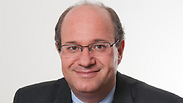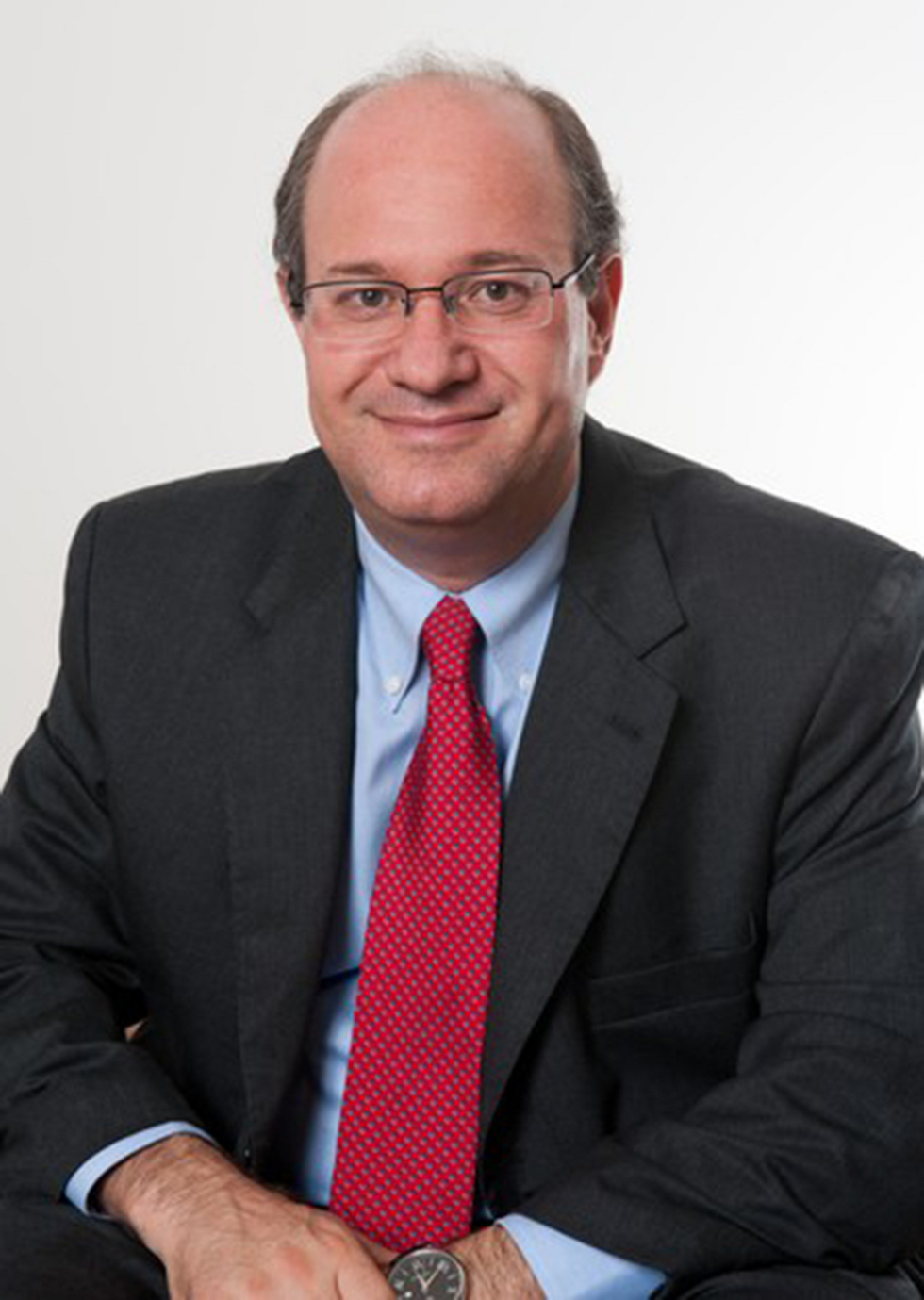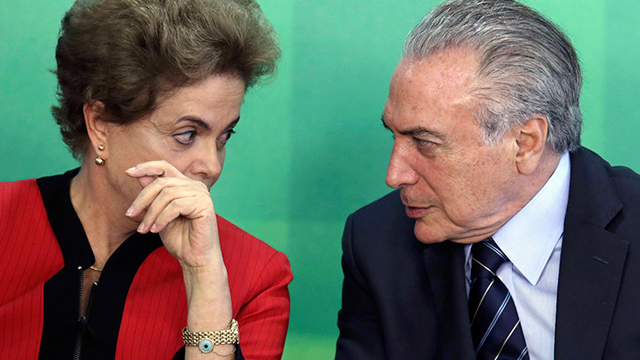

Israeli made president Brazil's Central Bank
As the suspension of Brazilian President Dilma Rousseff and corruption allegations loom in the background, a new appointment was announced: Ilan Goldfein, who was chief economist to Brazil’s largest private bank, will become president of the country’s largest bank
Haifa-born Ilan Goldfein was appointed on Thursday to be the president of the Central Bank of Brazil. He was appointed to the position following the suspension of Brazilian President Dilma Rousseff due to charges of corruption.
Goldfein had previously served as chief economist at Itau, Brazil’s largest private bank, deputy to the bank governor of Brazil, an advisor to the World Bank and advisor to the International Monetary Fund.
Goldfein earned his PhD in economics from MIT. He is considered one of the leading and most well-regarded economists in Brazil, has worked as a senior lecturer at top universities and has published many articles. In addition to Portuguese, he speaks Hebrew, English and Spanish. He has family in Israel and visits often.
Goldfein's appointment comes on the heels of a corruption affair that led to the suspension of Brazil President Dilma Rousseff, who is facing trial for supposedly hiding the country’s deficit to make its economy appear better than it was during her 2014 reelection campaign.
Goldfein said he is very reassured by the corruption investigations currently taking place against Rousseff and other high-powered politicians and members of Brazil’s business community, stating he believes that even if the resulting broad-scoped cleanup will be temporary, it will nevertheless have a stabilizing effect on the country’s recession-stricken economy.
Goldfein’s appointment was announced at a difficult time or the country's economy, as the real continues to lose its value and in light of predictions claiming that the country’s economic growth is slowing down. “The Brazilian economy is huge,” said Goldfein. “It’s too closed off: we only export 15 percent of our gross domestic product, which isn’t very much.”
Goldfein put the blame for the current situation on the government’s fiscal misconduct, saying that “We are currently carrying out a very important investigation that deals with corruption. Its trail of money flows from the private sector to public companies, from Petrobras (a state-owned oil company also involved in the scandal) to politicians. For the first time we have billionaires sitting in jail. We have politicians in jail. People might ask, ‘Why is everything happening all at once?’ With an intensive investigation the kind of which we have never seen, the worst recession in our history and the recent suspension. Is it all just a bad coincidence? Obviously, it is not. What happened was that the middle class, which had thought it was going to get rich and whose aspirations were going to come true, must now face the decimation of its dreams.”
Goldfein estimated that to successfully get out of the current crisis, the government will have to take unpopular measures, such as raising taxes, budget cuts and raising the age of retirement, which currently stands at an average of 50–55 years, up to 65. “The problem is that instead of facing reality, Brazilian economy has entered a phase of denial,” he said.
Goldfein continued by saying, “The government has gone bankrupt, which is why everyone is angry and supports the investigation. The next person who might consider messing with the government will tell himself, ‘Well, I can either choose to make money legally or go to jail for 30 years,’ and they will draw their own conclusions. There are already preliminary signs of recovery, so I think things will turn around, even if it won’t last forever.”

















